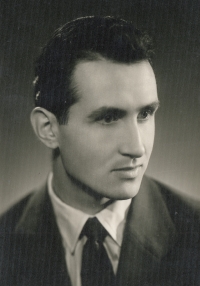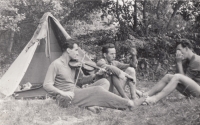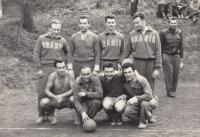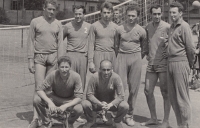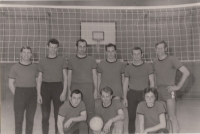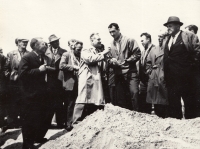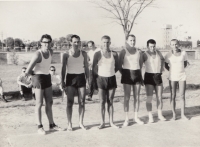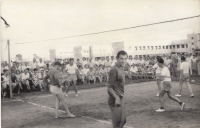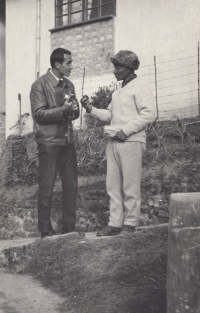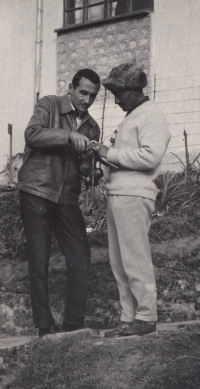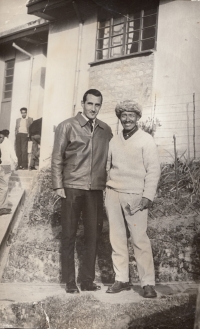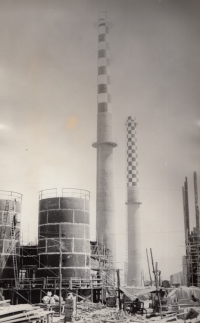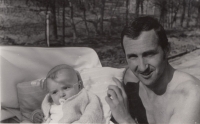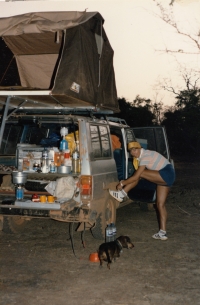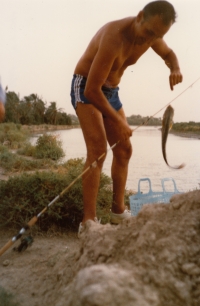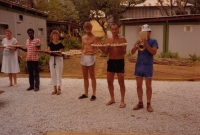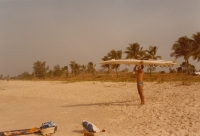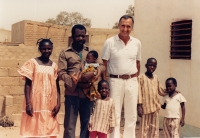The communists took our company. But I had a varied life without it
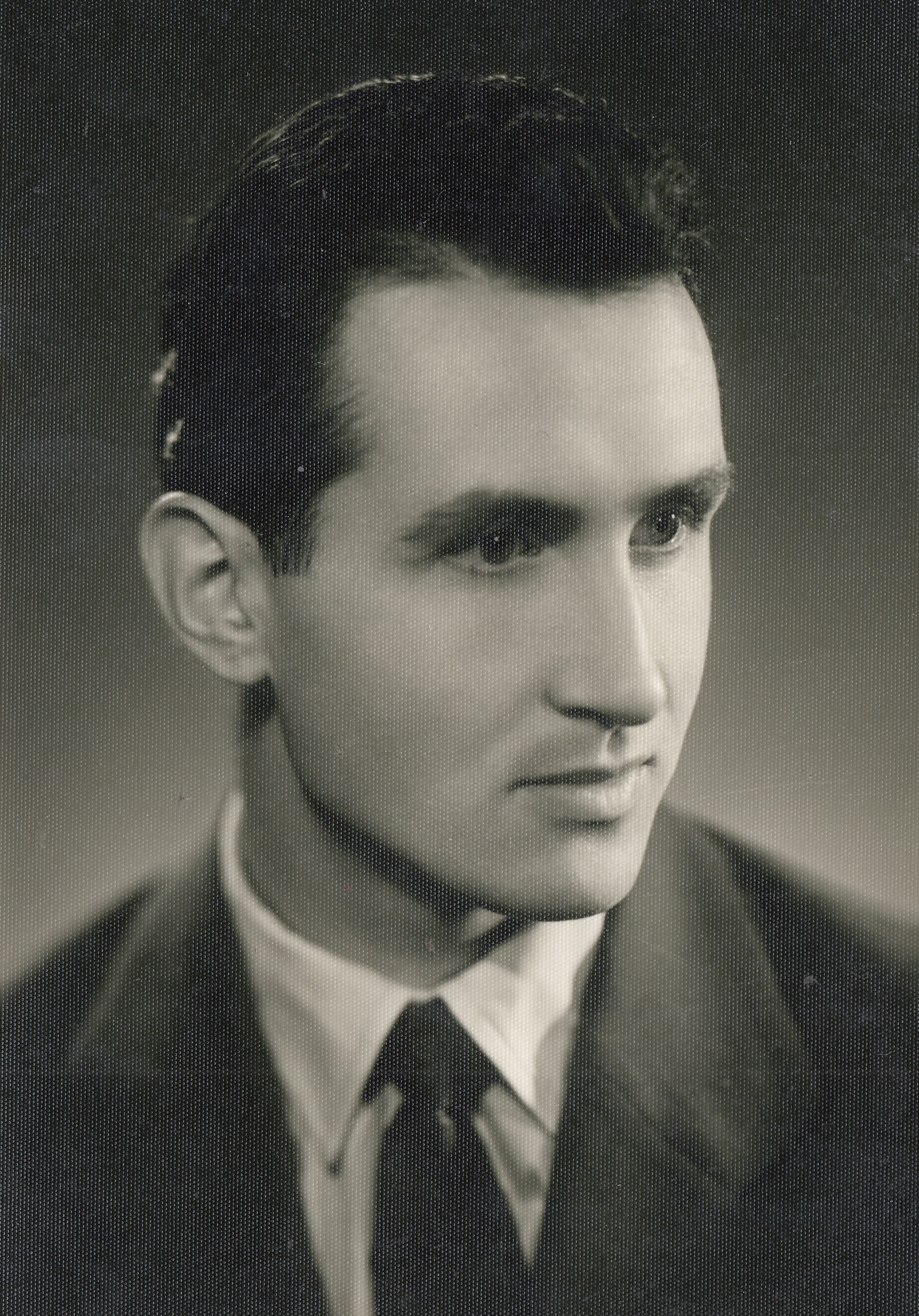
Stáhnout obrázek
Theodor Jan was born on 3 July 1935 in Prague. He spent his youth in the Braník city district, where he attended grammar school. After the war, he joined the renewed Scouting, which led him to sport. In 1953 the communists nationalized the family business. However, the ruling party no longer persecuted the family. This is probably why he was admitted to the Czech Technical University in Prague the same year. From there, as an engineer, he headed to Sokolov, where he worked on several construction sites as a construction supervisor. During his stay in northern Bohemia, he joined the Communist Party of Czechoslovakia. In 1964, a job opportunity arose in India, which he took advantage of. He spent the next three years in the Indian state of Bihar. He returned to Prague just as the Prague Spring was beginning. Because of his attitudes, which were in tune with the atmosphere of political loosening, he was promoted at work. After the August occupation, however, he faced a steep career and social decline. Although he still believed in change, developments in early 1969 changed his opinion. He decided to emigrate. He lived with his family in West Germany, where he found employment in construction companies. Later he was involved in foreign contracts in the Middle East and Africa. He did not return to his native Prague until 1989. In the 1990s he moved closer to the Czech-German border to the town of Regen, where he was still living in 2021.
